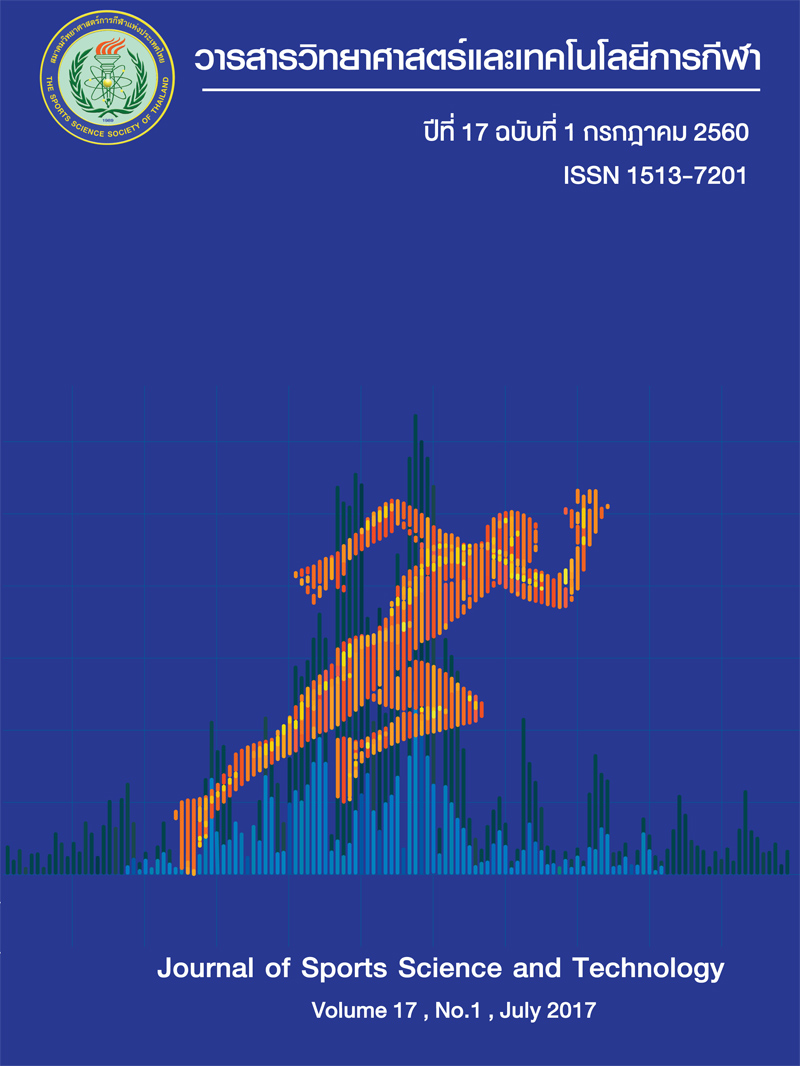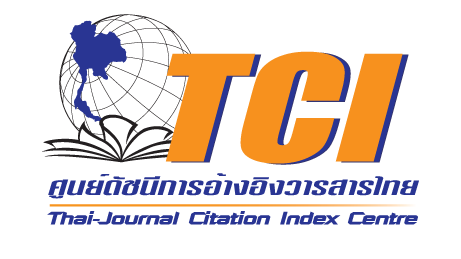ACUTE EFFECT OF DIFFERENT FIVE-MINUTE WARM-UP PROTOCOLS ON FLEXIBILITY AND SPRINT ABILITY IN COLLEGIATE SOCCER PLAYERS
Abstract
Insufficient warm-up (WU) of substitute soccer players could limit the performance and increase risk of injury. Different WU protocols were designed to help them get an effective WU in a shorter time frame for enhancing their performances. The aim of this study is to find a five-minute WU protocol that can improve flexibility and Repeated Sprint Ability (RSA) with an acceptable fatigue, as compared to no warm up condition. Twelve healthy collegiate male soccer players participated in this study. Subjects performed 4 randomly different warm up protocols on four nonconsecutive days: (a) no warm up (NW); rest of 5 minutes, (b) dynamic warm up (DW); jogging of 2:30 minutes and 2:30-minute of dynamic warm up, (c) dynamic resistance warm up (DRW); DW plus 8 repetitions of body weight squats, and (d) dynamic sprint warm up (DSW); DW plus two 20-m shuttle sprint. Hamstring flexibility, RSA parameters and Borg’s RPE scale were measure. Flexibility was significantly improved after performing DRW and DSW, but not significant different in NW and DW, (p<0.01). DSW and DRW protocols significantly improved RSA parameters compared with NW as observed in average time and total time. The fastest time was improved only in DSW protocol (p<0.05). Fatigue for DW, DSW and DRW was not different from NW. Improved flexibility and RSA performance in DSW and DRW would be suggested for substitute soccer players with limited WU time.Keywords: Short-duration warm up / Subtitute soccer player / Body weight squats / Hamstring flexibility / RPE scale
Downloads
Published
2017-07-03
How to Cite
1.
CHUENSA-NGUAN S, Srungboonmee K, Ajjimaporn A, Panich K. ACUTE EFFECT OF DIFFERENT FIVE-MINUTE WARM-UP PROTOCOLS ON FLEXIBILITY AND SPRINT ABILITY IN COLLEGIATE SOCCER PLAYERS. J Sports Sci Technol [internet]. 2017 Jul. 3 [cited 2026 Feb. 25];17(1):45-56. available from: https://he01.tci-thaijo.org/index.php/JSST/article/view/84784
Issue
Section
Sports Coaching Science







